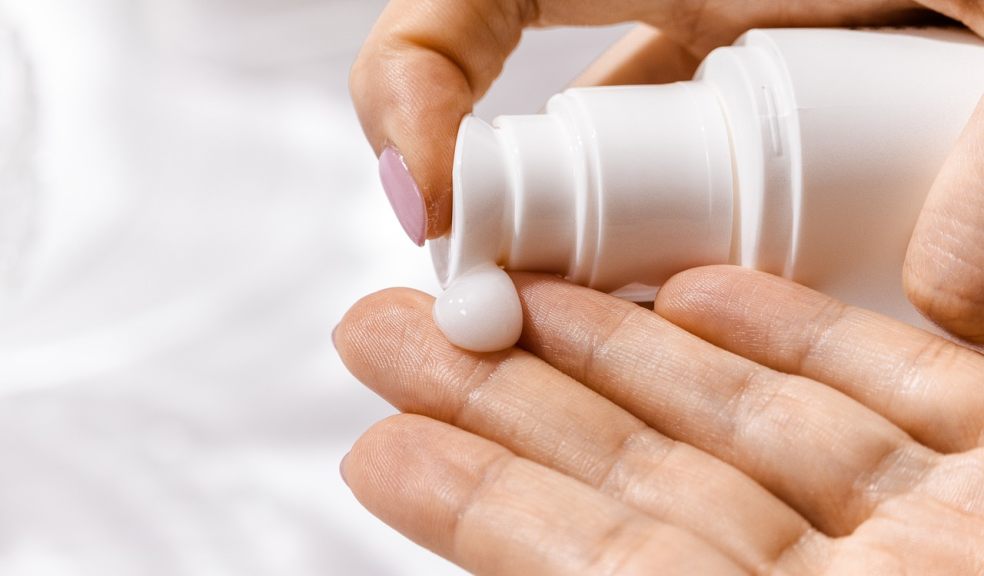
Dry Skin: Causes, Treatment Options, and Self-Care Tips
=Dry skin, medically referred to as xerosis, is a common skin issue that affects numerous people worldwide, with the problem seemingly more prevalent in colder climates, and thus, in countries such as the UK. In this comprehensive blog post, we will unravel the causes of dry skin, available treatment options, and practical self-care tips you can incorporate into your daily routine.
Unveiling the Causes of Dry Skin
Understanding dry skin requires delving into the skin's anatomy. The epidermis, the outermost layer of the skin, is responsible for maintaining an optimal level of moisture. However, numerous factors can disrupt this delicate balance, leading to uncomfortable skin dryness.
The Impact of Weather
Weather, particularly in countries with a temperate maritime climate like the UK, significantly contributes to dry skin. During the harsh winter months, humidity levels plummet, resulting in dry air that can sap the skin of its natural moisture, leading to irritation and flakiness, often coined as 'winter itch'.
The Role of Central Heating
As the frost sets in, central heating systems become indispensable in UK homes and workplaces. However, they tend to produce dry air, further exacerbating skin dryness.
Hot Showers and Baths: A Double-Edged Sword
Hot showers and baths, especially on chilly days, can be a source of comfort. However, prolonged exposure to hot water can strip your skin of its natural oils, resulting in dry, itchy skin. To balance the benefits of warmth with skin care, consider incorporating products like the best magnesium bath soaks from Flewd, which can nourish your skin while you enjoy.
Harsh Soaps and Detergents: An Unseen Culprit
Certain soaps and detergents can act harshly on the skin, eliminating its protective oils. This factor, often overlooked, can result in skin dryness and irritation.
Exploring Treatment Options
Thankfully, dry skin can be managed effectively with an array of treatments.
The Power of Moisturisers
Moisturisers are the primary defence against dry skin. They help retain water in your skin, combating dryness and flakiness. Various types cater to different skin types, from oil-based ones for extremely dry skin to water-based ones for oily skin.
Prescription Treatments: A Step Further
Should over-the-counter treatments prove ineffective, prescription treatments become necessary. These could include prescription creams and ointments with stronger active ingredients, a different type of moisturiser, or an oral medication that enhances skin hydration from within. London Dermatology Clinic offers a comprehensive skin examination and proposes a tailored treatment plan to alleviate your discomfort.
Medical Procedures: When All Else Fails
In extreme cases, medical procedures such as light therapy or laser treatment might be required. These treatments increase your skin's ability to retain moisture and can significantly improve its overall health and appearance.
Self-Care Tips for Dry Skin
Managing dry skin extends beyond medical treatments to involve daily lifestyle modifications.
Using a Humidifier: A Breath of Fresh Air
A humidifier can counteract the dry air produced by central heating systems, increasing the moisture levels in your indoor environment, and thereby preventing your skin from drying out.
Limit Shower Time and Temperature: Less is More
Limiting your shower or bath time to 10-15 minutes and using warm rather than hot water can significantly improve your skin's condition.
Choose Mild Soaps and Detergents: Gentleness is Key
Opt for soaps and detergents labelled 'mild' or 'gentle'. They are less likely to disrupt your skin's natural oil balance. Moreover, make it a habit to moisturise after washing.
Stay Hydrated: Inner Health Reflects Outwardly
A well-hydrated body mirrors healthy skin. Ensuring you drink plenty of water can keep your skin hydrated and supple.
Conclusion
Dry skin is a prevalent condition, particularly among the UK population. Understanding its causes and triggers is the first step towards successful management. With a plethora of treatment options at your disposal and practical daily self-care tips, you don't need to endure the discomfort of dry skin. If in doubt, seeking professional advice from a dermatologist can provide personalised solutions.



















